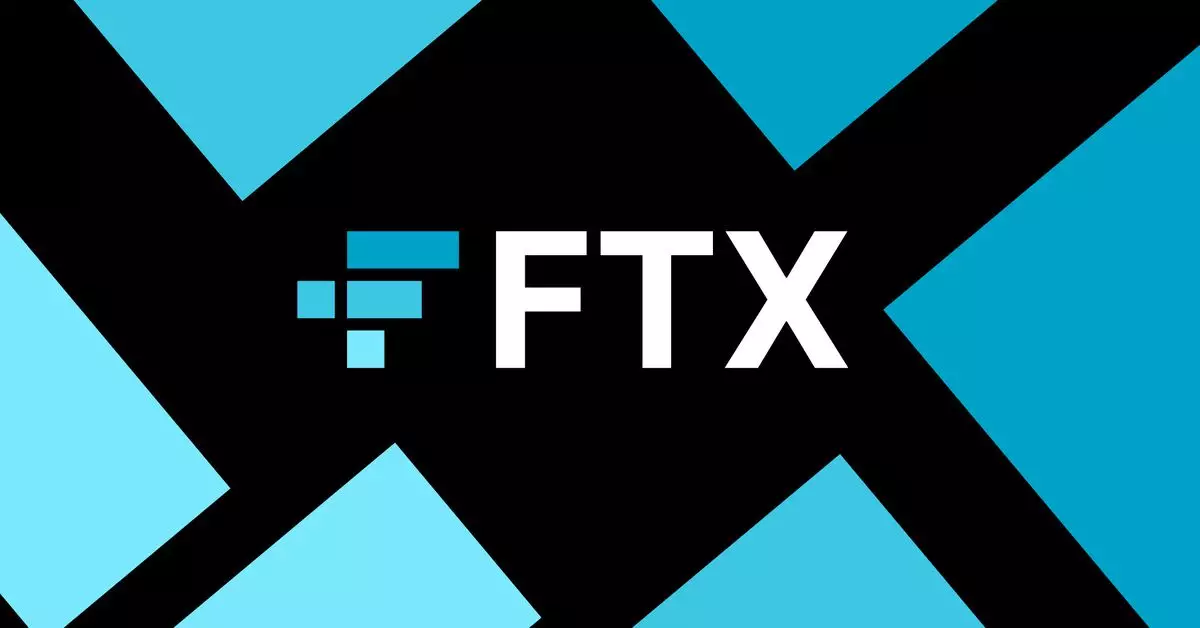In a significant development within the crypto landscape, the estate of FTX, the infamous cryptocurrency exchange that collapsed under a cloud of scandal, has initiated a legal battle against rival exchange Binance and its former CEO, Changpeng Zhao. The lawsuit seeks to recover a staggering $1.76 billion, alleging that these funds were fraudulently siphoned off during a crucial share repurchase deal in July 2021. This case not only epitomizes the complex and often tumultuous relationships within the cryptocurrency sector but also underscores the broader ramifications of alleged fraudulent behavior that has left many investors in the lurch.
FTX claims that in July 2021, Binance, under Zhao’s direction, engaged in a transaction that transferred substantial assets as part of a scheme involving a share buyback. This deal purportedly allowed Zhao’s company to relinquish its holdings in FTX—20% of the international unit and an 18.4% stake in its U.S. counterpart. The core of FTX’s argument hinges on the assertion that the transaction was orchestrated when FTX itself was already facing insolvency due to vast fraudulent operations conducted by its co-founder, Sam Bankman-Fried, who is currently serving a lengthy prison term.
FTX argues that these actions not only flouted legal protocols but were predatory in nature, undermining an ailing competitor. The estate’s legal representatives emphasize that at the time of the alleged transaction, FTX and its sister company, Alameda Research, were bereft of the funds necessary to fulfill such a buyback, making the deal not only questionable but also unethical.
An intriguing element of the lawsuit involves the use of digital platforms as tools of perceived malice. It is alleged that Zhao issued a series of tweets that incited panic among FTX users, precipitating a significant withdrawal wave that further destabilized the already shaky exchange. Specifically, Zhao’s tweet in November 2022 indicated Binance’s intent to liquidate $529 million worth of FTX tokens, an announcement that FTX contends triggered a cascade of events leading to its downfall. This aspect of the case raises critical questions about responsibility and the power wielded by influential figures in a loosely regulated cryptocurrency environment.
This lawsuit forms part of a wider strategy by the FTX estate to recoup billions owed to its creditors. More than 20 lawsuits have reportedly been filed as the estate grapples with the ramifications of its collapse. Beyond seeking restitution, these legal maneuvers reflect a growing urgency to address the perceived injustices experienced by countless investors caught in the fallout of FTX’s implosion.
On the defense side, a spokesperson for Binance has dismissed FTX’s claims as without merit, underscoring the contentious nature of this legal confrontation. The outcomes of these proceedings will likely provide a clearer understanding of regulatory expectations and standards within the cryptocurrency domain. As this saga unfolds, it stands to illustrate the intricate dance of competition and legality in an industry that is still defining its boundaries.
In a world where digital assets continue to gain prominence, the stakes of these disputes extend far beyond the involved parties; they impact the stability and credibility of the entire cryptocurrency market.


Leave a Reply